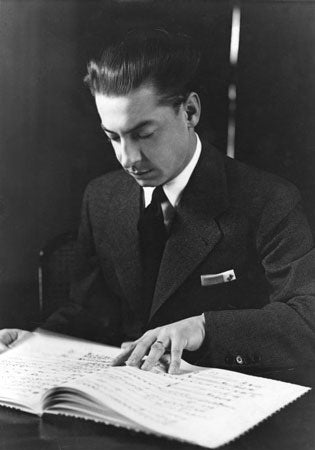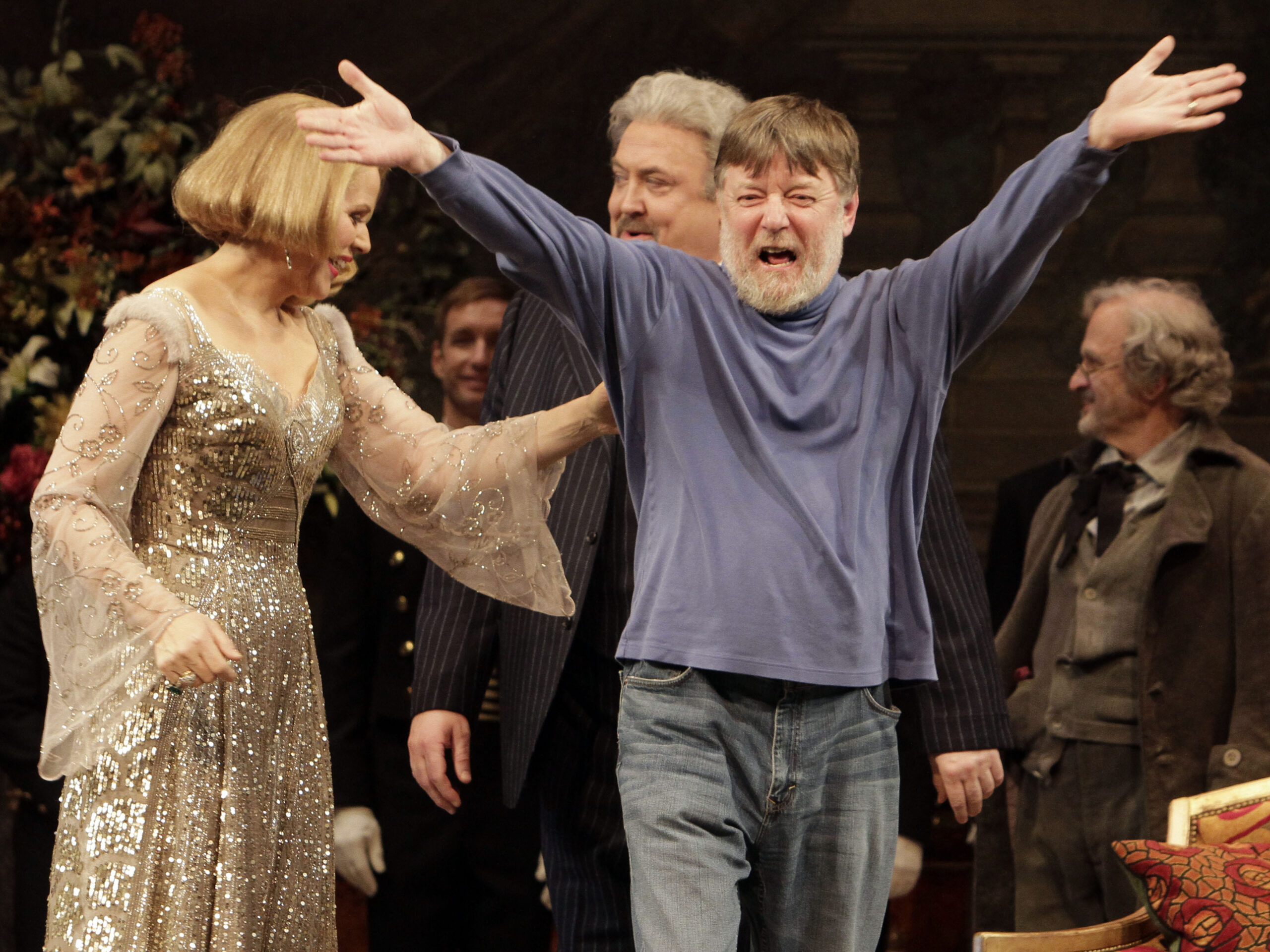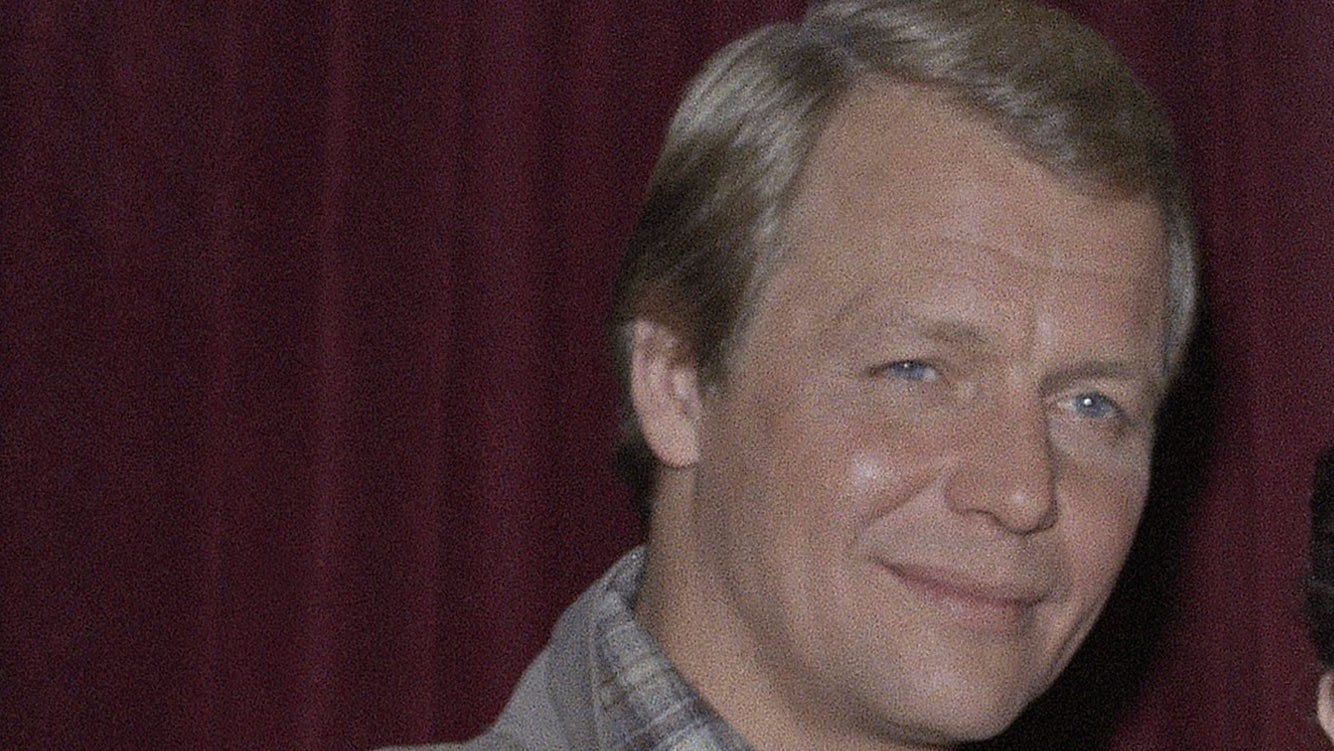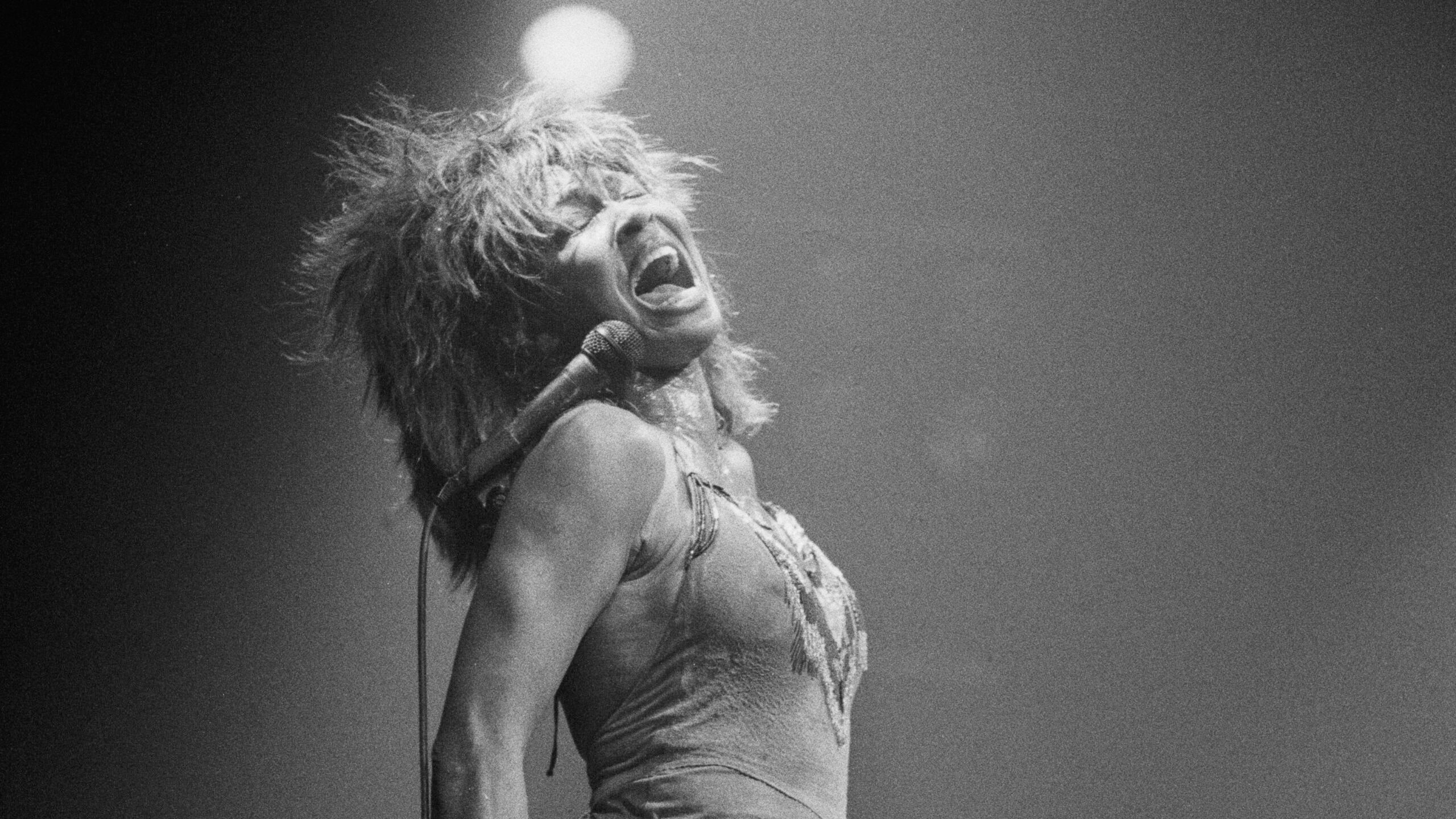He joined the Nazi Party in 1935 and closed his letters with Heil Hitler, but in 1939 conductor Herbert von Karajan began a dramatic break with Hitler’s government.
At thirty-one, Karajan was the musical idol of Germany, especially among the young. He was particularly successful in 1938 with a State Opera performance of Wagner’s Tristan und Isolde.
On June 2, 1939, he conducted two performances of Wagner’s Die Meistersinger with the Berlin Opera. The first of them was a State Gala in honor of Prince Paul of Yugoslavia. Karajan won praise from all for the clarity of the music, his youthful vigor, and the amount of freedom he allowed the singers.
Stay informed on the latest news
Sign up for WPR’s email newsletter.
The second performance did not go so well.
According to one account, bass baritone Rudolf Bockelmann, singing the part of cobbler Hans Sachs, was feeling the effects of drink and made a mistake that disoriented Karajan, who was conducting from memory. The singers ground to a halt and the curtain came down while things could be sorted out.
It would’ve been a forgettable mishap except that one audience member was there just to see the famous Karajan for the first time. Adolf Hitler was a big fan of Bockelmann, and flew into a rage to see his pet singer embarrassed just because Karajan had the audacity to conduct without a score. He declared Karajan a lightweight who was incapable of making Wagner sound sufficiently German.
Karajan continued to have problems controlling the State Opera. Two years later, during a Rome performance of Die Meistersinger, when he tried to make the part of the clerk Beckmesser more humorous, singer Eugen Fuchs turned away with the pronouncement, “My Führer does not wish me to change anything in this part.”
The gap between Karajan and the Party widened even more a year later when he married Anna Maria Güttermann, who was one-quarter Jewish.
Wisconsin Public Radio, © Copyright 2024, Board of Regents of the University of Wisconsin System and Wisconsin Educational Communications Board.






